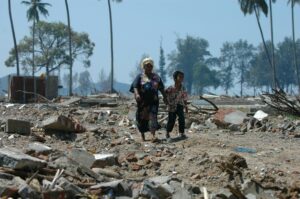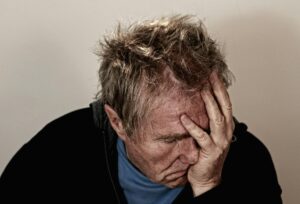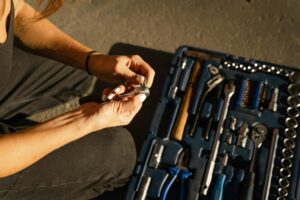Introduction to Self-Reliance and Preparedness
In times of uncertainty, the best thing we can do is to equip ourselves with knowledge and tools to navigate the unexpected. Our work here serves as a guide to help you prepare for a range of possible disruptions, from personal privacy issues to healthcare concerns and emergency preparedness. Our goal is not only to offer advice but to empower you to take action and create a safer, more sustainable life for yourself and those around you. (Please see our warranty at the bottom of the page.)
1. Personal Privacy & Security
- Browsing and Online Privacy: Use ad-blockers like hblock (or similar) to protect your privacy and reduce power consumption. These tools help minimize exposure to online tracking and advertisements, offering a more secure, eco-friendly browsing experience. Additionally, consider using encrypted messaging apps, VPNs, and search engines that prioritize privacy.
- Social Media Awareness: Be mindful of the information you share. Understand the data privacy policies of platforms you use. Consider the implications of posting personal details and be aware of how your digital footprint can be leveraged.
2. Home & Emergency Preparedness
- Non-Perishable Food & Essentials: Stock a reasonable amount of non-perishable foods, including healthy fruit drinks, beans, rice, flour, and noodles. Unexpected disruptions to the food supply can happen—whether due to political events, natural disasters, or other crises—so it’s best to be prepared.
- Water & Backup Power: Ensure that you have enough clean water stored. Make sure backup power arrangements (e.g., generators, solar panels, batteries) are secure and functioning. These systems could be invaluable in a power outage or emergency situation.
3. Health & Well-being
- Healthcare Concerns:
- Order prescriptions in bulk where possible (e.g., 90-day supplies instead of 30-day).
- Be proactive about maintaining your health, especially in a world where healthcare access may be limited or strained.
- Check in with friends, neighbors, and loved ones, especially those who are infirm, elderly, or disabled. It’s important to ensure that vulnerable individuals are well-supported.
- Old People’s Healthcare: Make arrangements for elderly relatives and friends who may have more complex health needs. Ensure they have regular access to their prescriptions and medical supplies, and keep a list of emergency contacts for healthcare providers.
This content is free to use, adapt, and share.
Knowledge and information should be open—please spread them far and wide.A few things to keep in mind:
- All of my work comes with absolutely no warranty, expressed or implied. However…
- It will almost certainly work until it breaks,
though I must admit it may never work or be useful—and that would be sad.- If/when it breaks, you can keep all the pieces.
- As for what you don’t like, it’s yours to do with as you will.
- If you find my materials helpful, both you and I will be happy (at least for a while).
- My advice is worth every penny you paid for it!
Full disclosure:
I use various AI systems to assist in developing my content.
If you’re curious about how I use them, feel free to check out:
The Revolutionary Impact of AI on Genealogy and Historical Research.


